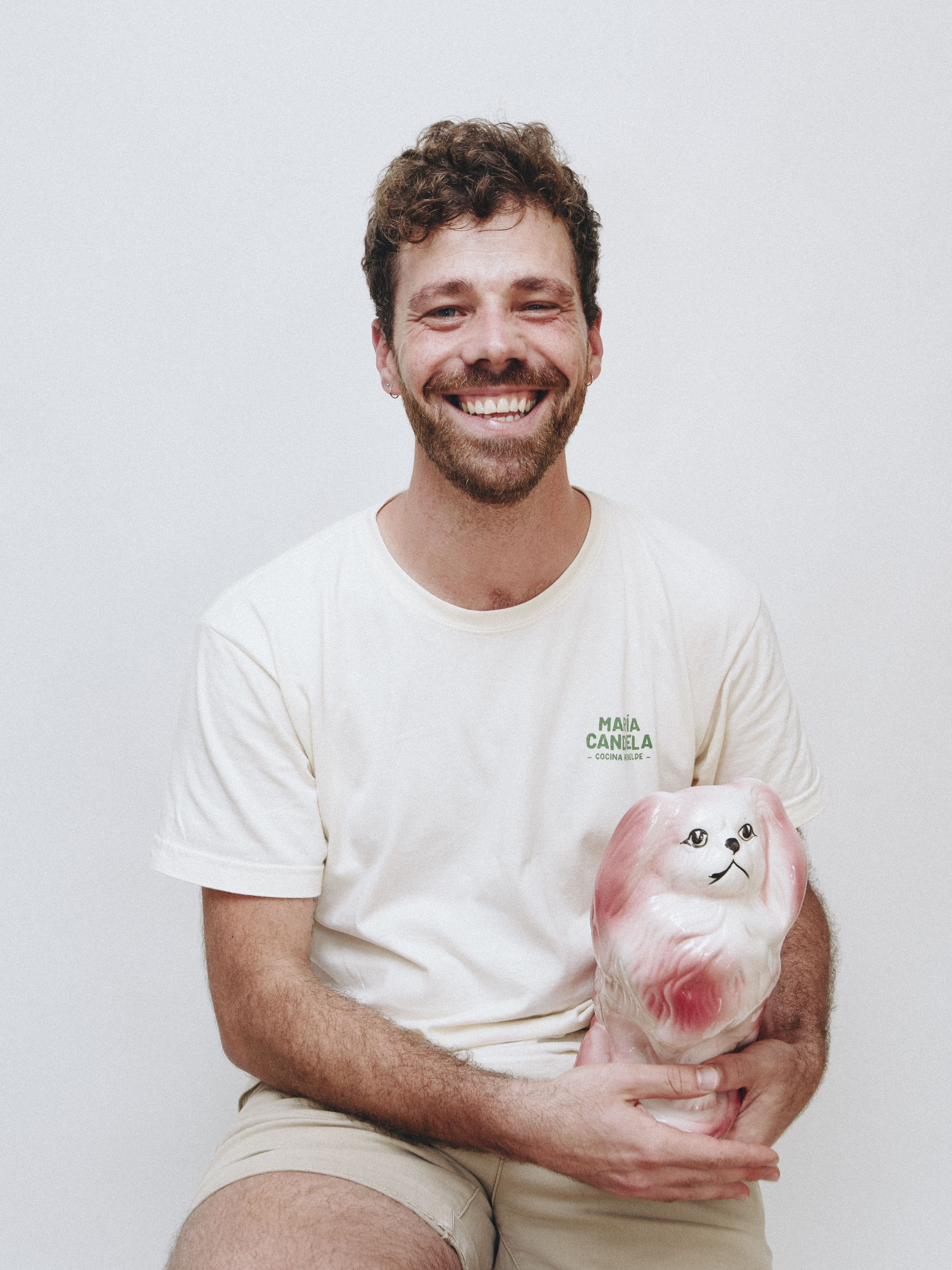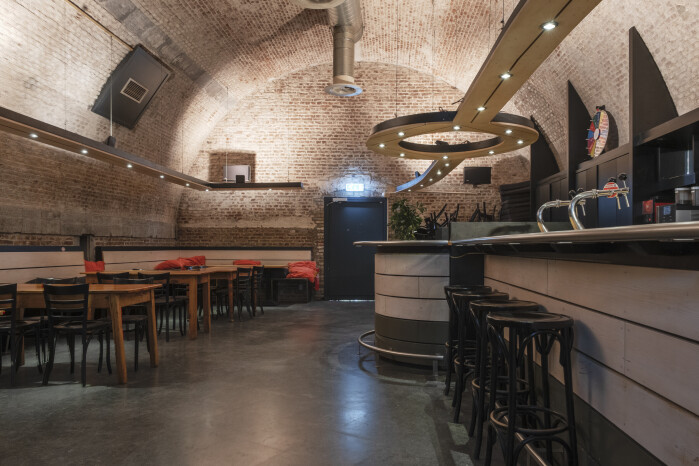UM and multilateralism
Roberta Haar and Hylke Dijkstra have each received a €3 million EU Horizon grant to study multilateralism. “I approached Hylke to join forces—and he told me no,” Haar laughs. “It was only two months before the deadline,” Dijkstra protests. Either way, it worked out well for both of them—and spectacularly for UM.
The EU had made €12 million available for four projects on global governance. A total of 24 consortia applied, each comprising around a dozen partners, meaning some 300 universities and institutes put together bids. Haar hosted an NWO-funded matchmaking event in Brussels. “I wanted to get a think tank on board, and they told me they already had a partner in Maastricht: Hylke. I contacted him, but by that time he’d already built his consortium.” UM leads two of the four winning projects—and is a partner in the other two. Dijkstra: “It’s a testament to how much expertise we have in Maastricht.”
Impact on policymaking
“The EU’s dedication to multilateralism has been challenged recently,” Dijkstra says. “We want to find out what major powers like the United States and China think. The aim is to help the EU be a better multilateral player.” His project ENSURED studies how the EU and its members can make global governance more robust, effective and democratic.
One issue that necessitates multilateral action is climate change. “The 2015 Paris Agreement was followed by the strong European green deal,” Dijkstra says. That the EU has always advocated multilateral cooperation—which requires constant compromise and can lack dynamism—is understandable, given that this is one of its founding principles. “But the EU has a demanding wish list: moving faster on climate change, making sure the Global South has a say, and protecting the system from being derailed by a single national election.”
Dijkstra and his team are conducting case studies of 15 multilateral institutions focused on issues ranging from climate change to world trade, health, and digital and human rights. “What is the unexplored potential for global governance reform?” His hypothesis is that the EU cannot have it all, but will instead have to make choices. “For instance, we Europeans have many seats on the decision-making board of the IMF [International Monetary Fund] and the World Bank. That’s not very democratic. We might have to abandon some of our privileges to make those organisations sustainable.”
The EU Horizon initiative—the Commission’s key funding programme for research and innovation—was launched in 2021 and will run until 2027. The projects involve more than just research, Dijkstra says. “With 14 partners from around the world, we’re co-creating a report on the strategic choices the EU has to make. We have to consider how we can impact policymaking right from the start.” Dijkstra will run training courses on strategic narratives the EU might want to use with its partners. “Like Roberta’s project, we’ll also suggest which areas are worth pursuing and provide tools to help with implementation.”
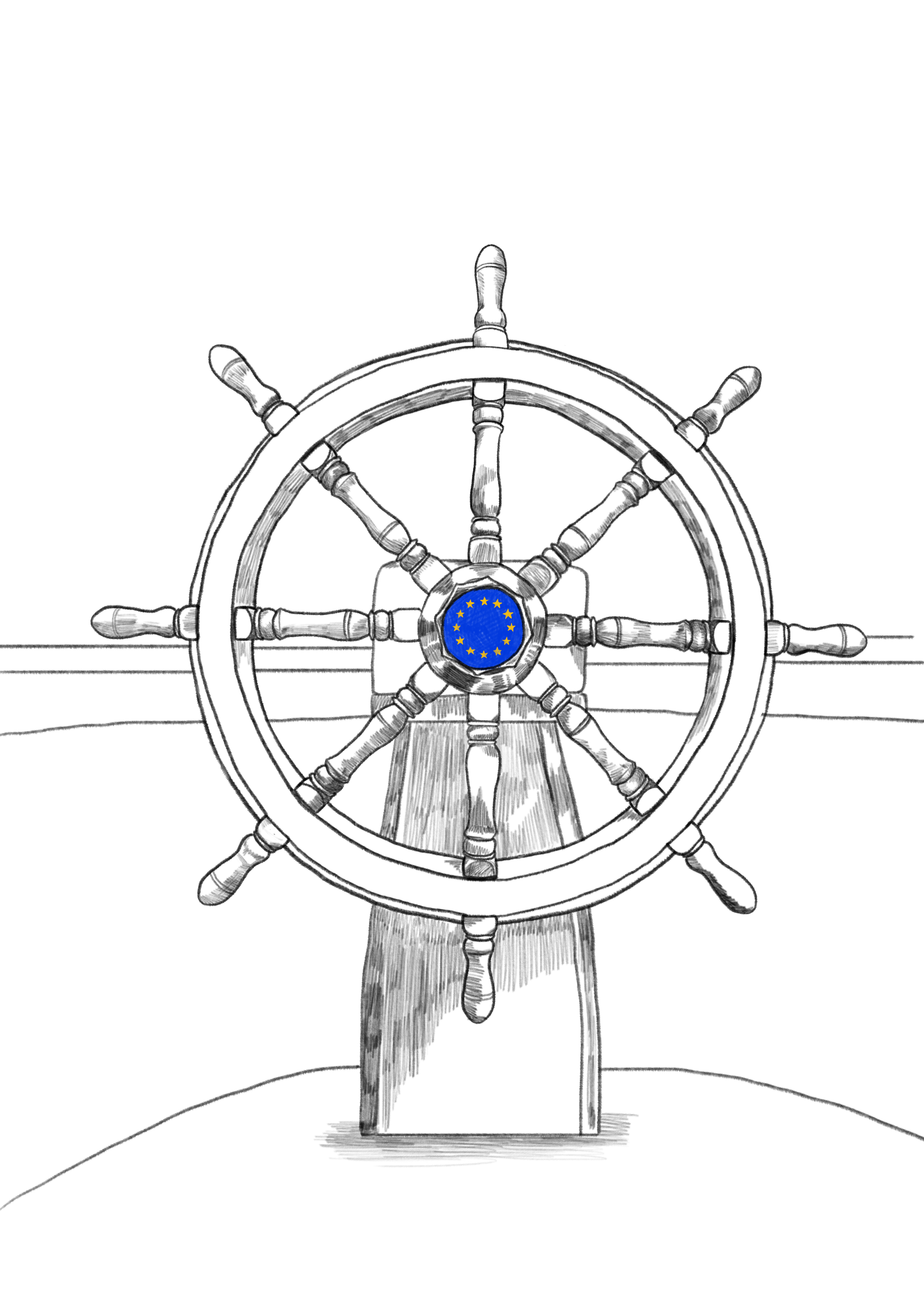
Beliefs and perceptions
Haar’s project REMIT will address concerns that technological developments might undermine or degrade international organisations and governance. How can the EU establish itself as an important player in the governance of technology? She will study the discourse and geopolitics around key technologies. “AI is essentially an ungoverned area. China, the US and the EU are currently competing when it comes to regulations. We intend to produce actionable recommendations to help the EU become a better multilateral player in that area; for example, by building multinational cooperation.”
In addition to leading and coordinating the project, Haar will focus on the US perspective on multilateralism. “We’re working on a case study on quantum technology as well as 5G and 6G. We want to develop scenario-testing workshops for policymakers and, ideally, ‘serious games’ to simulate outcomes for different approaches to different technologies.”
This is the first time Haar has coordinated a project of this size, with 40 researchers and 10 support staff members. “The topic is complex, but we have to keep trying to understand the underlying beliefs. We want to understand how actors perceive themselves and how they are misperceived by others. How can we provide a greater understanding as a basis for moving forward?”
The EU is a “complex animal,” she says, in which national interests might not necessarily align with a joint European vision. But she points out that major global players like the US and China are not monolithic either; they, too, have to contend with dissenting internal voices on several levels.
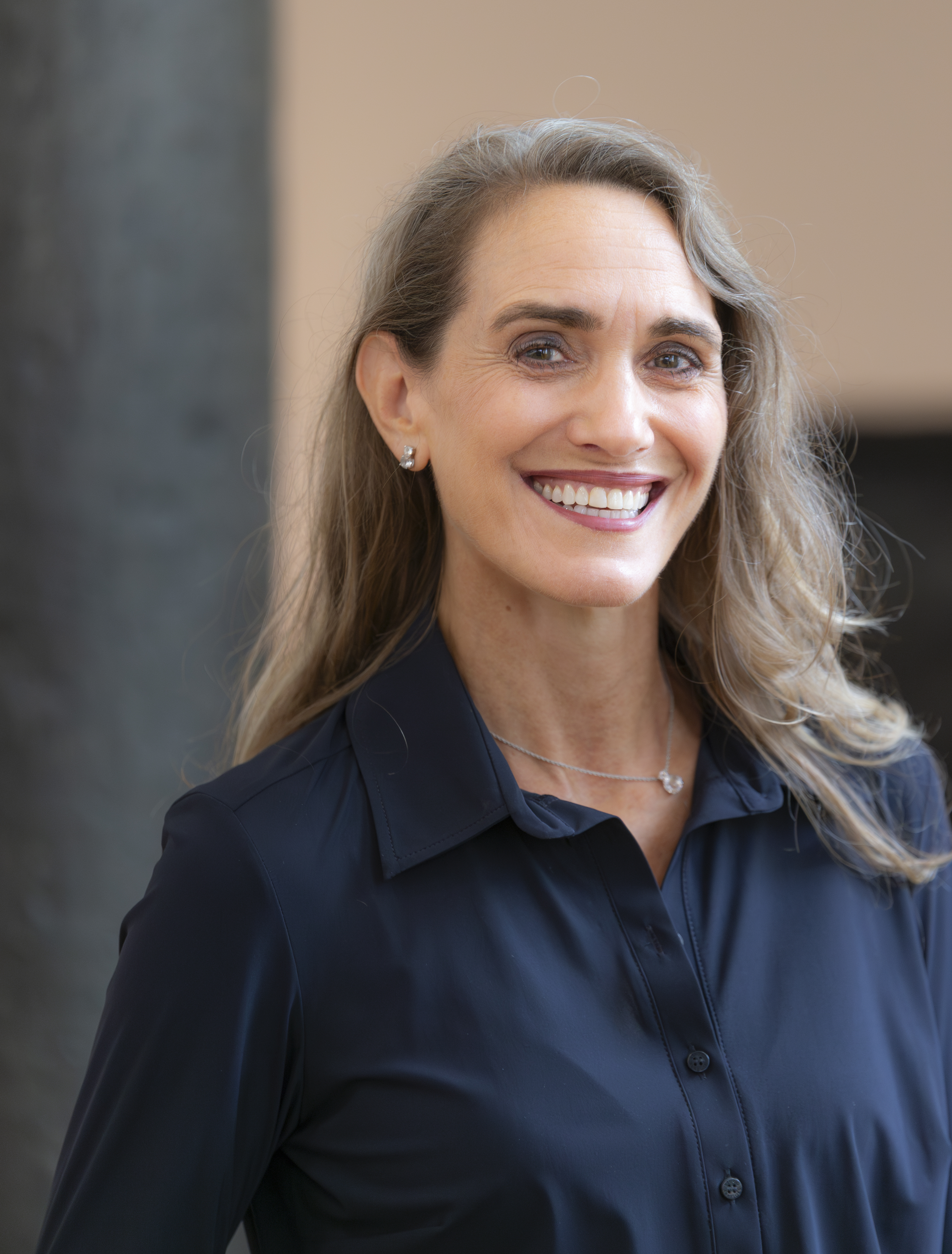
Roberta Haar is professor of Foreign Policy Analysis and Transatlantic Relations at University College Maastricht and the Faculty of Science and Engineering.
Future of cooperation
For all the internal bickering, Dijkstra thinks the EU has a largely coherent position in support of multilateralism. “There are exceptions, like the UN vote on Israel and Palestine, but on world trade, health, international rules and human rights, the EU has long held a joint line.” He points to the WHO as an example of a multilateral organisation that provided impartial medical advice during the covid pandemic.
And the EU Horizon grants themselves promote a plurality of voices. “You won’t get the grant if you put together a group of friends,” Dijkstra says. “You need to have a consortium of academic and non-academic partners, thinks tanks, societal organisations from inside and outside the EU. I think that too shows a dedication to multilateralism.”
International cooperation helps to diffuse conflict, he says. “Of course, things go wrong sometimes, and we’re trying to study what exactly in order to improve. But we should also acknowledge how well things are going under the circumstances.” Despite the challenges, the pair remains optimistic. Haar: “Once all parties realise they share the common goal of resolving global problems, great things can happen.”
Text: Florian Raith
Illustration: Ted Struwer
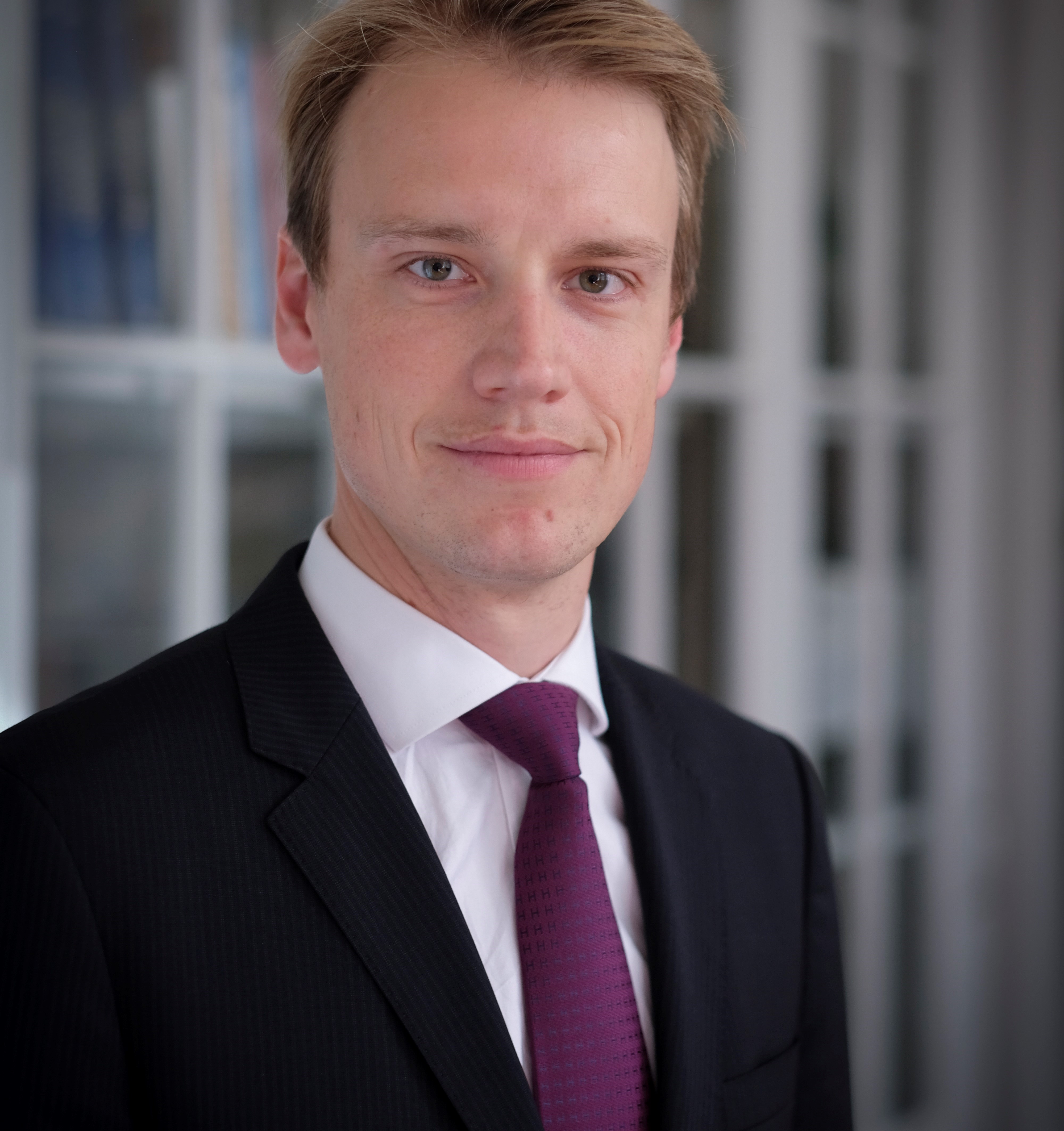
Hylke Dijkstra is professor of International Security and Cooperation at the Faculty of Arts and Social Sciences, and director of the Politics and Culture in Europe research programme.
Also read
-
As a toddler, Pieter du Plessis couldn’t stay away from the kitchen. He later entertained the idea of becoming a chef—until his dream faltered under the harsh light of reality. Now a PhD candidate at Maastricht University, he uses national dishes as a lens to examine South Africa’s past and identity...
-
A study conducted by the Easo led by Prof. Gijs Goossens of Maastricht UMC+ and Dr. Luca Busetto published today in Nature Medicine.
-
Maastricht University takes care of many distinctive buildings and art works that we all know. By giving them a new purpose, we preserve these icons and give them a new meaning, making them the vibrant heart of a bustling city.
Did you know that these buildings and art works also provide access to...
